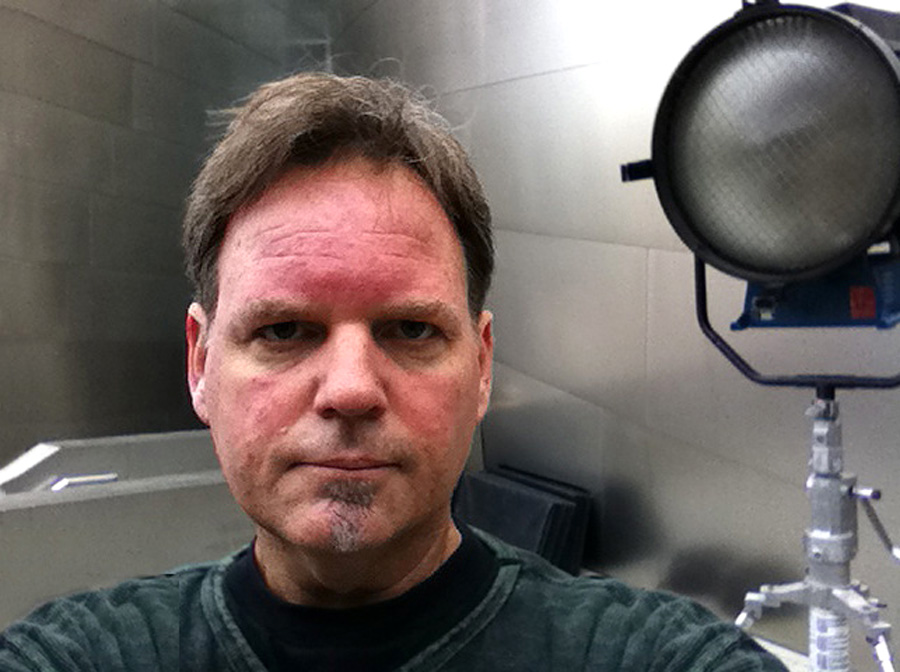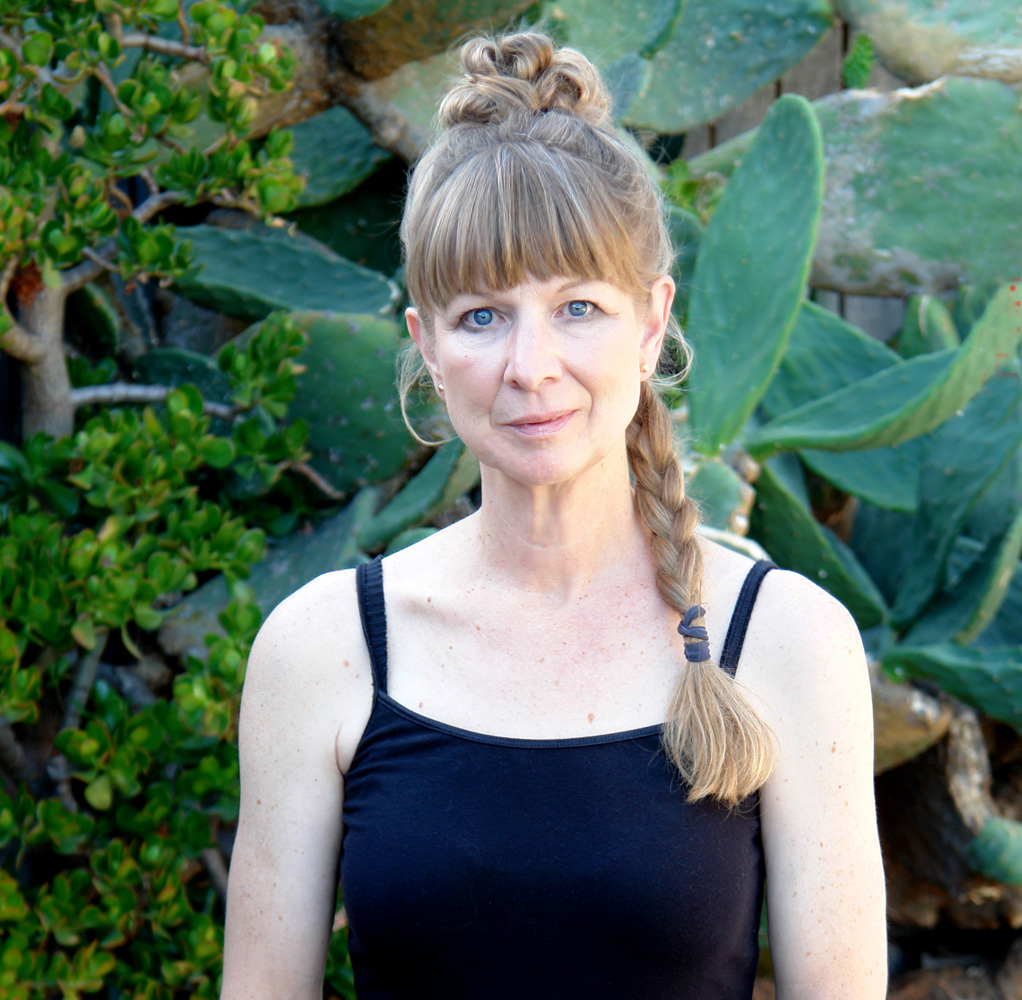For the forty-third post in the Poets on Craft series, we have Curtis Hayes and Wendy Rainey.
Poets on Craft is a cyberspace for contemporary poets to share their thoughts and ideas on the process of poetry and for students to discover new ways of approaching the writing of poetry. In the face of a pandemic that is both viral and political, it is a resource for strength and creativity, friendship and beauty, love and rejuvenation. It is thus a celebration of the beautiful and eclectic minds of contemporary poets. This series is intended for educational purposes only.
The format is as follows. I emailed poets these questions: “Generally speaking, how do you build a poem? How do you start a poem? How do you move from one line to the next? How do you know when to end a poem?”
With the exception of length requirement, poets are free to respond in whatever manner they find appropriate to their styles and concerns.
Access to Poets on Craft is democratic. Generally speaking, anyone can have free access to these posts. With that said, please consider supporting our poets by clicking on the links in their bios and purchasing their work.

Curtis Hayes has worked as a grip, gaffer, and set builder in film production. He’s been a truck driver, a boat rigger, a print journalist and a screenwriter. He is the author of the non-fiction top-ten NYT bestseller, I Am Jesse James, and his first poetry collection, Bottleneck Slide, has recently been published by Vainglory Press. His work has been featured in numerous anthologies and small press journals.
The first rule to writing poetry is to have a deep well to draw from. Gerald Locklin said that the best thing a poet can do is to live an interesting life. That doesn’t mean traveling around the world and passing out drunk in a Paris alley, although that does help. Anyone can mine interesting stories or inspiration from their life experiences, you just have to tune your perceptions to recognize a poem when it crosses your path. Everything goes into the well. It’s important not to get hung up on a word or phrase that you know is cliché or not as good as it needs to be. Highlight it for later refinement and then keep on getting it down. Ask yourself honestly if your piece starts sounding like something you’ve already read.
I can never just sit down and force myself to start composing. Bits and pieces usually come to me when I’m doing something mindless like sitting in traffic or mowing the lawn. By the time I actually sit down to start a piece, there is usually a note pad or various envelopes or scraps of paper with notes scribbled on them. Sometimes I’ll have enough for a solid draft to build on, other times it will be only a final stanza or a loose outline or even just a title. I’ll assemble whatever I have as a quick draft on a yellow pad. Once I start typing the piece into a Word file, it immediately begins evolving and I can usually come up with a solid first draft pretty quickly.
I was a screenwriter for a number of years where it’s necessary to keep the story moving with every piece of action and dialogue. Tangents and ruminations are usually considered wasted screen time, so you have to keep the narrative on point. Most of my poems are story-driven and this basic rule of narrative is useful. Other writers have told me that I’m good with line breaks. I read the passages with live performance in mind, thinking emphasis here and pause two beats there. This gives you a pretty good idea where the breaks should be and whether the flow is right for the content or atmosphere of the piece. This also reveals whether a line is too long and should be broken up. Keep things concise. Stay away from adjectives. Write a clean line.
The end of a poem should carry the most weight. You always have to ask yourself, should I tie it up in a bow? Or should it end more ambivalently? My natural compulsion is to tie things up and because of that, I always have to take extra care in how I end a piece. If I put it aside for a week and then take another look, it’s easier to consider it as an editor. If the ending reads like a postscript, start cutting. Make sure that your piece is saying something beyond the surface narrative. Go out at night. Let trouble come to you. Make mistakes. Be around all types of people. And always be observational.

Wendy Rainey is author of two books: Hollywood Church: Short Stories and Poems and Girl On The Highway. She is a contributing poetry editor on Chiron Review. Her poetry and short stories have appeared in Nerve Cowboy, Trailer Park Quarterly, Red Fez and beyond. She studied poetry with Jack Grapes in Los Angeles and creative writing with Gerald Locklin at California State University, Long Beach.
Good writing comes down to the authentic voice of the narrator. To find your voice, to get to that deep voice and sustain it is no small feat. It helps to have a method or process. I use Jack Grapes’ book, Method Writing, like a bible. My copy is earmarked, highlighted, coffee-stained, and borscht-soaked. Grapes takes you step-by-step to finding your deep voice and activating the creative process. It’s like having a box of tools at my disposal. Grapes gives exercises and strategies that constantly strengthen my writing. Method Writing is worth checking out if you’re serious about becoming a better writer.
Recently, I talked to a writer I respect about writing classes and workshops. He told me that decades ago a well-known and highly regarded poet and teacher told him to never take another writing class. The famous poet told him that it would mess with his natural talent, snuff out his fire. So he never took another class. He confided in me that he regretted taking the famous bard’s advice. He had a writer friend who had really benefitted from the right classes and the right teachers. He saw his friend’s writing improve over time by being a part of the occasional workshop. He told me he had realized his mistake too late in life. But that’s the fantasy, isn’t it? We would all like some famous writer to tell us we’re perfect the way we are. Of course, you might be the one-in-a-million who really is perfect the way you are. In that case, don’t listen to me, but more than likely a good class once in awhile could be advantageous.
It is also important to have not had a sheltered existence. How many lovely people have I known, writers, who’ve lived on the largesse of their mothers and fathers. Never had to repay their student loans or go without to pay an auto repair bill. Never had to work the shitty jobs, never got their ass slapped by a drunken customer, never had the balls to slap back. If you want to be a writer you better have had an interesting life. And please, no lectures on the importance of moral purity. We want a juicy story from you. We want a brilliant poem. We don’t need to know that you are a model of virtue. No one is going to believe you anyway. If you are a young person, interested in writing, please have an adventurous life filled with foolish mistakes. Stop worrying about always being in the right. It’s boring. And it’s death to the arts.
I’ll leave you with this quote by Henry Miller.
Every day we slaughter our finest impulses. That is why we get a heartache when we read those lines written by the hand of a master and recognize them as our own, as the tender shoots which we stifled because we lacked the faith to believe in our own powers, our own criterion of truth and beauty. Everyone, when they get quiet, when they become desperately honest with themselves, is capable of uttering profound truths. We all derive from the same source. There is no mystery about the origin of things. We are all part of creation, all kings, all poets, all musicians; we have only to open up, only to discover what is already there.
(Featured image by Alexis Rhone Fancher)
